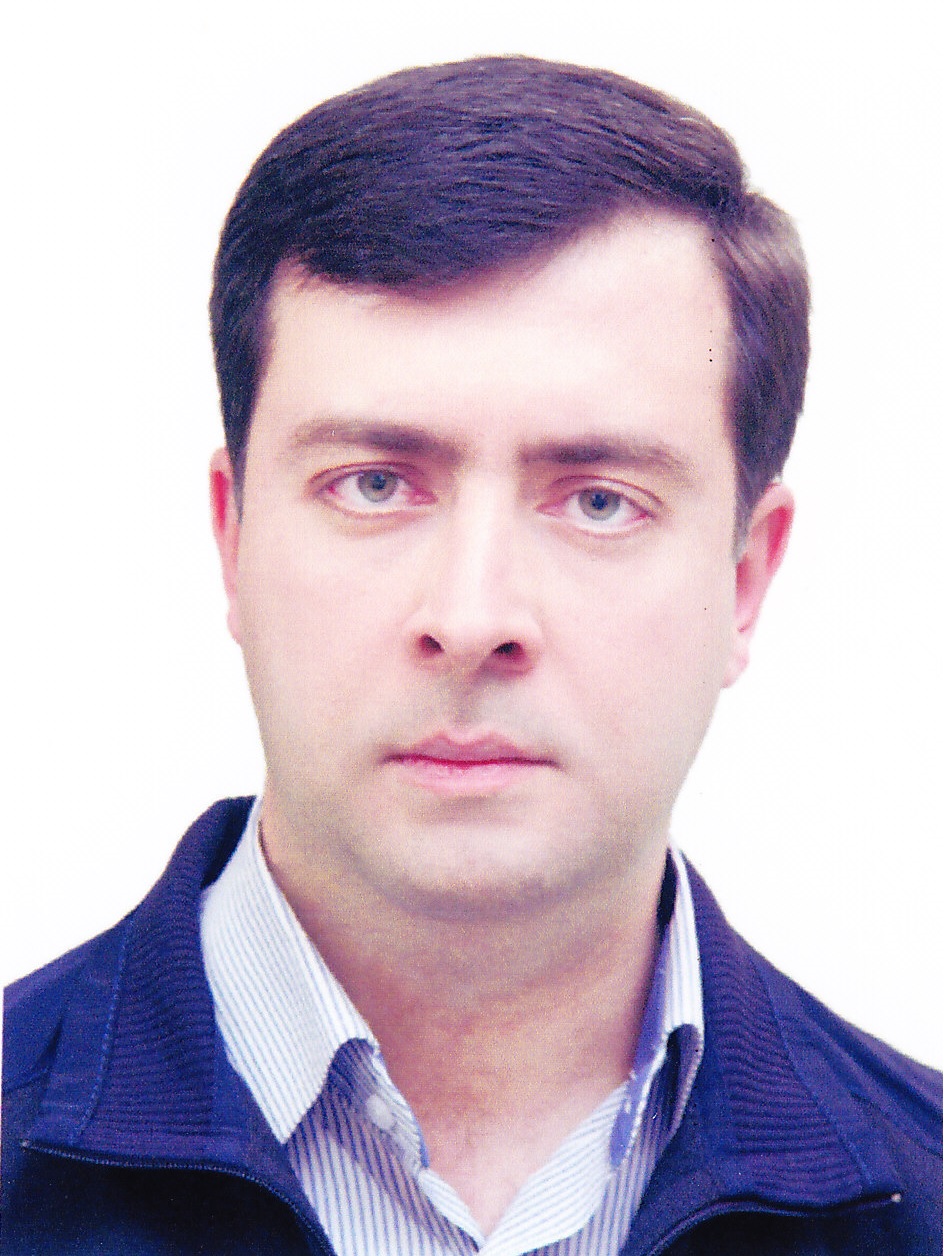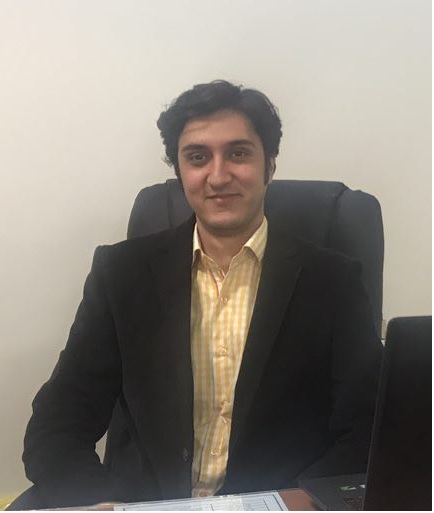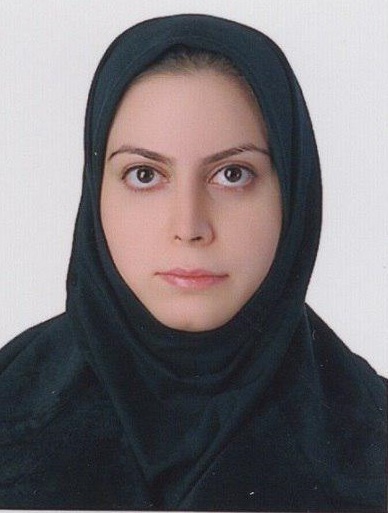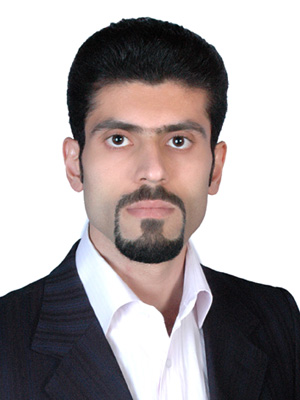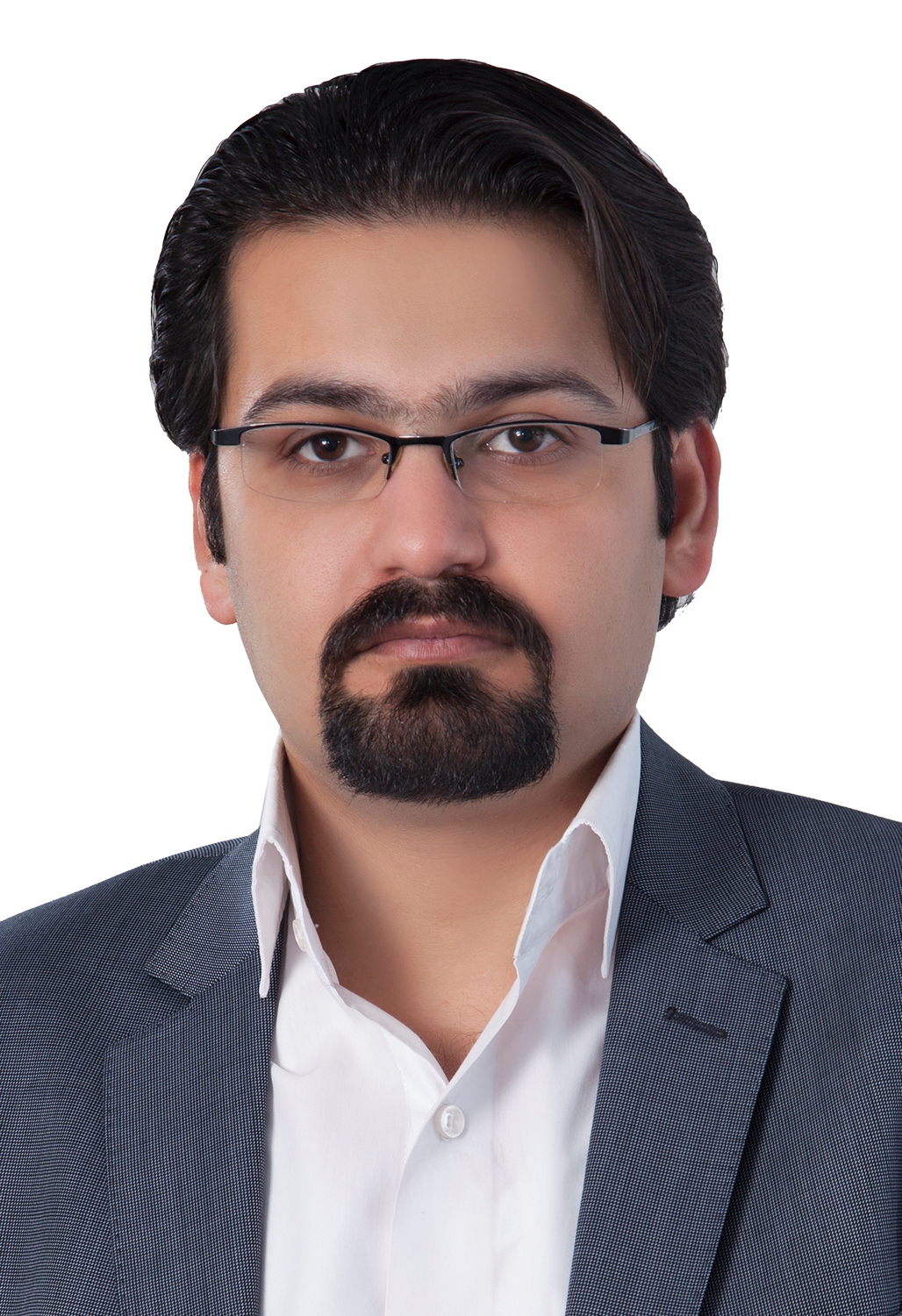Mechanical Engineering
At Quchan University of Technology, Mechanical Engineering is offered at both the Bachelor's and Master's levels. At the Master's level, specializations in Applied Design, Energy Conversion, and Manufacturing Engineering are available.
Mechanical Engineering (Bachelor's)
Overview:
The Bachelor of Science in Mechanical Engineering is designed to provide students with a comprehensive understanding of the principles and practices of mechanical engineering. This program emphasizes the integration of engineering science with practical applications, preparing graduates to tackle complex engineering challenges across various industries, including automotive, aerospace, energy, and manufacturing.
The curriculum includes core mechanics, thermodynamics, fluid dynamics, materials science, and dynamics courses. Students learn to apply mathematical and scientific principles to design and analyze mechanical systems. Advanced topics such as machine design, robotics, vibration, control systems, and energy systems, fluid mechanics and nanotechnology, are also covered, allowing students to specialize according to their interests.
Hands-on laboratory experience is a critical component of the program. Students engage in experiments reinforcing theoretical concepts, utilizing modern equipment for materials testing, thermodynamic cycles, fluid flow analysis, and stress and deflection analysis. This practical training fosters critical thinking and problem-solving skills essential for engineering practice. The program emphasizes innovation and sustainability, encouraging students to explore new technologies and sustainable design practices.
Career Opportunities:
Graduates of the Mechanical Engineering program are well-prepared for a variety of career paths, including positions as design engineers, project managers, and research scientists. They possess the skills needed to drive technological advancements and improve systems across multiple sectors. Including positions as design engineers, project managers, and research scientists. They have the skills necessary to drive technological advancements and enhance systems across multiple sectors.
At Quchan University of Technology, in addition to the Bachelor's degree, specializations in Applied Design, Energy Conversion, and Manufacturing Engineering are also offered at the Master's level.
Master's Program in Applied Design:
A Comprehensive Overview
The Master’s program in Applied Design represents an advanced level of education that builds upon the foundational knowledge acquired in a Bachelor's degree in Mechanical Engineering. This program is specifically tailored to equip students with specialized skills and competencies that are essential for thriving in the modern design landscape, where innovation and user-centered approaches are paramount.
Specialized Skills Development
One of the most significant advantages of pursuing a Master's in Applied Design is the opportunity to develop advanced skills that differentiate graduates from those who have only completed a Bachelor's degree in Mechanical Engineering. Key areas of focus include:
1. User-Centered Design: Unlike traditional mechanical engineering programs that may prioritize technical specifications and performance metrics, the Applied Design curriculum emphasizes understanding user needs and experiences. Students learn to conduct thorough user research and apply feedback to create products that resonate with their target.
2. Design Thinking Methodology: The program fosters a design thinking mindset, encouraging students to approach problems creatively and holistically. This involves ideation, prototyping, and iterative testing, allowing students to explore multiple solutions before arriving at the most effective design.
3. Interdisciplinary Collaboration: The Master's program encourages collaboration across various disciplines, including mechanical engineering, nanotechnology, biomechanics, electronics. Students gain valuable teamwork and communication skills, preparing them to work effectively in diverse teams and understand different perspectives in
Laboratory Facilities:
The program features advanced laboratories such as:
Modal Analysis Laboratory: This facility allows students to study the dynamic behavior of structures and materials, providing insights into vibration analysis and structural integrity.
Additive Manufacturing Laboratory: Here, students explore cutting-edge techniques in 3D printing and rapid prototyping, enabling them to bring their designs to life efficiently.
Advanced Nanotechnology Laboratory: For students interested in nanotechnology, this lab offers resources for exploring materials at the nanoscale, enhancing their understanding of innovative material properties and applications.
Career Opportunities:
Graduates are equipped to pursue careers in product design, design, and innovation management across various industries. They are prepared to lead projects that require a deep understanding of both user needs and technological capabilities.
Energy Conversion (Master's)
A Comprehensive Overview
The Master of Science in Energy Conversion focuses on the principles and technologies involved in converting various forms of energy into usable power. This program addresses critical issues related to energy efficiency, sustainability, and the development of renewable energy sources.
The curriculum includes advanced courses in thermodynamics, fluid mechanics, heat transfer, and renewable energy technologies. Students learn about energy systems design, energy storage solutions, and the integration of renewable sources into existing infrastructures.
Research Opportunities:
Students have access to state-of-the-art laboratories for conducting research on energy systems, including energy conversion and wind energy technologies.
Career Opportunities:
Graduates are prepared for careers in energy consulting, renewable energy development, and energy management. They play a vital role in addressing global energy challenges and promoting sustainable practices.
Manufacturing Engineering (Master's)
An In-Depth Overview
The Master's program in Manufacturing Engineering builds upon the foundational knowledge acquired during a Bachelor's degree in Manufacturing Engineering or a related field. This advanced program is designed to deepen students' understanding of manufacturing processes, systems, and technologies while equipping them with specialized skills that are essential for addressing the complex challenges faced in modern manufacturing environments.
Curriculum Overview
The curriculum for a Master's in Manufacturing Engineering typically includes a mix of core courses, electives, and practical experiences. Common courses may include:
1. Advanced Manufacturing Processes: This course covers state-of-the-art manufacturing techniques, including additive manufacturing, subtractive manufacturing, and advanced materials processing.
2. Robotics and Automation: Students learn about the design and implementation of robotic systems in manufacturing environments, including programming and integration with production processes.
3. Quality Control and Assurance: This course focuses on methodologies for ensuring product quality and reliability, including statistical process control and Six Sigma techniques.
4. Manufacturing Systems Design: Students explore the design and optimization of manufacturing systems, including layout planning, workflow analysis, and resource allocation.
5. Sustainable Manufacturing: This course examines strategies for reducing environmental impact in manufacturing processes, including waste reduction, energy efficiency, and sustainable materials.
Laboratory Facilities:
The program features advanced laboratories such as:
Modal Analysis Laboratory: This facility allows students to study the dynamic behavior of structures and materials, providing insights into vibration analysis and structural integrity.
Additive Manufacturing Laboratory: Here, students explore cutting-edge techniques in 3D printing and rapid prototyping, enabling them to bring their designs to life efficiently.
Advanced Nanotechnology Laboratory: For students interested in nanotechnology, this lab offers resources for exploring materials at the nanoscale, enhancing their understanding of innovative material properties and applications.
Specialized Skills Development
Throughout the Master's program, students develop a range of specialized skills that are vital for success in the manufacturing industry:
1. Analytical Skills: Students learn to analyze complex manufacturing systems and processes to identify areas for improvement and innovation.
2. Technical Proficiency: The program enhances students' technical skills in using advanced manufacturing technologies and software tools for design and simulation.
3. Problem-Solving Abilities: Through hands-on projects and case studies, students develop effective problem-solving strategies applicable to real-world manufacturing challenges.
4. Leadership Competencies: The emphasis on management training prepares graduates to take on leadership roles within organizations, guiding teams through projects and initiatives.
Career Opportunities
Graduates of the Master's program in Manufacturing Engineering are well-prepared for a variety of career paths, including:
Manufacturing Engineer: Designing and optimizing manufacturing processes to improve efficiency and reduce costs.
Process Engineer: Analyzing and enhancing production processes to ensure quality and productivity.
Quality Assurance Manager: Overseeing quality control measures and ensuring compliance with industry standards.
Operations Manager: Managing day-to-day operations within manufacturing facilities, focusing on efficiency and productivity.
Research and Development Engineer: Engaging in innovative projects to develop new manufacturing technologies and processes.
In summary, the Master's program in Manufacturing Engineering offers a comprehensive education that builds upon undergraduate studies, equipping students with advanced knowledge and skills necessary for leadership roles in the manufacturing sector. Through a combination of theoretical learning and practical application, graduates are prepared to meet the challenges of a rapidly evolving industry.
Faculty Profiles
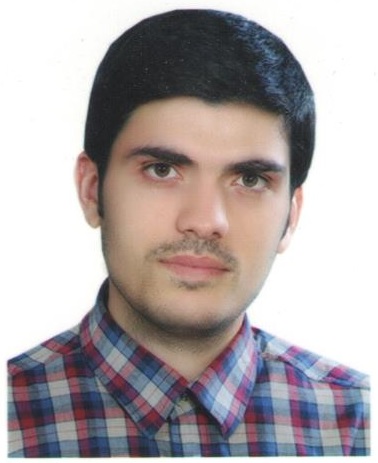 Danial Ghahremani Assistant Professor |
||
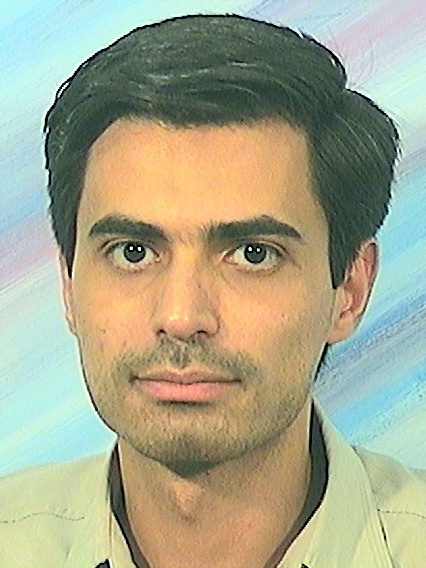 Ali Naserian Assistant Professor |
 Masoud Mir Assistant Professor |
 Amir Ebrahimi Assistant Professor |

